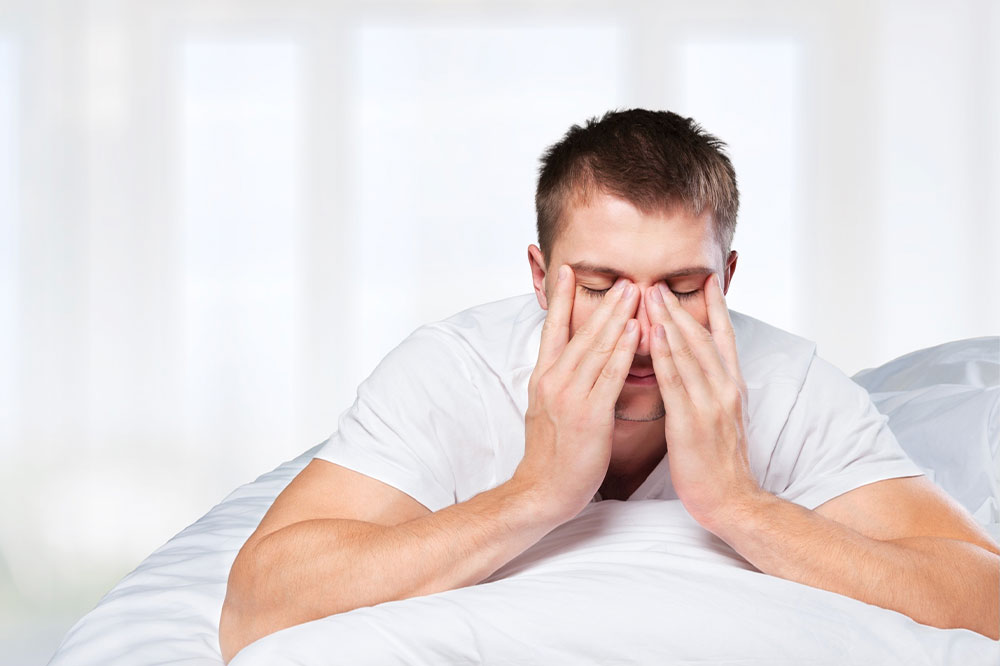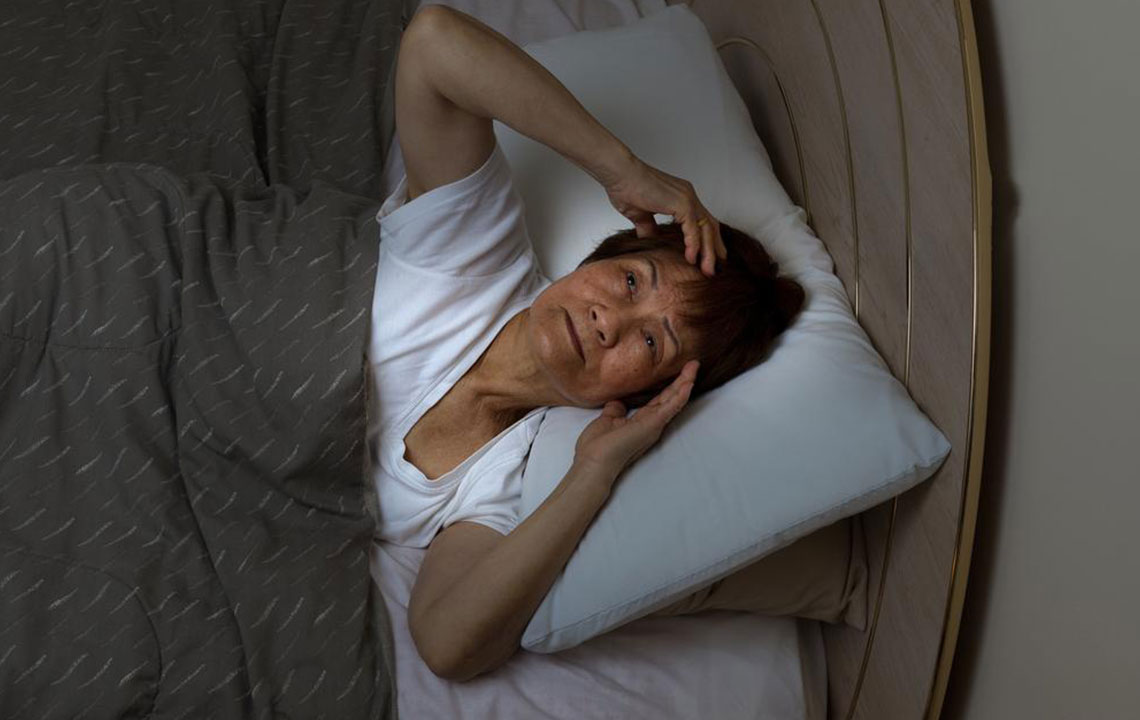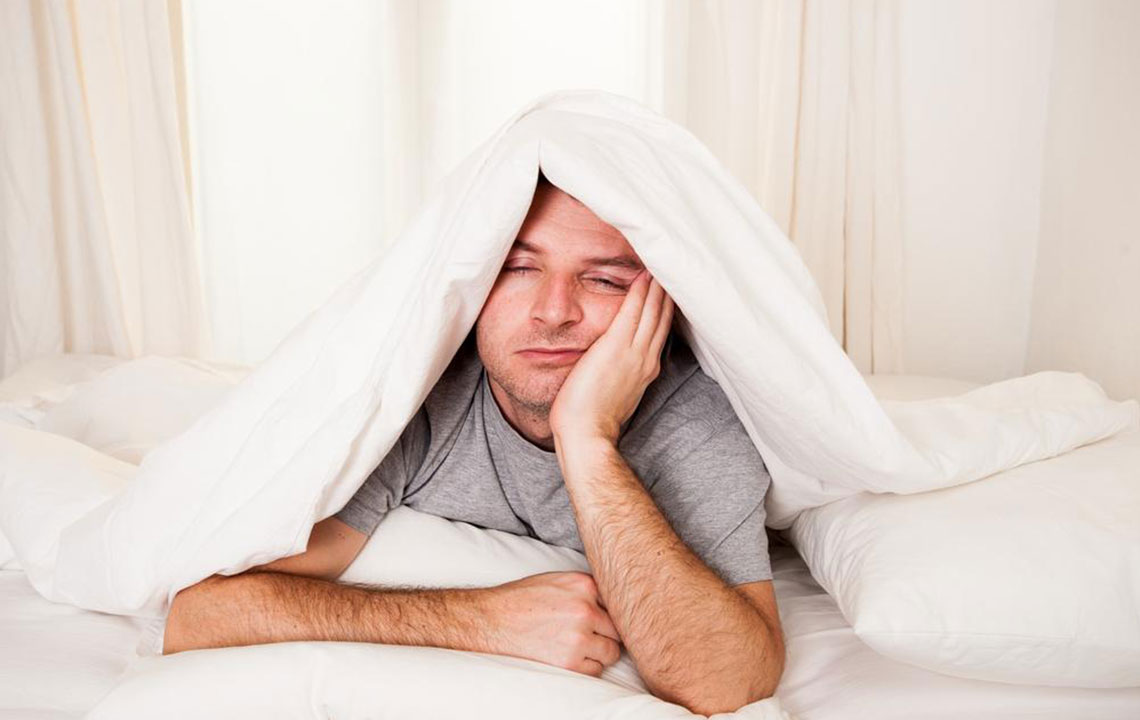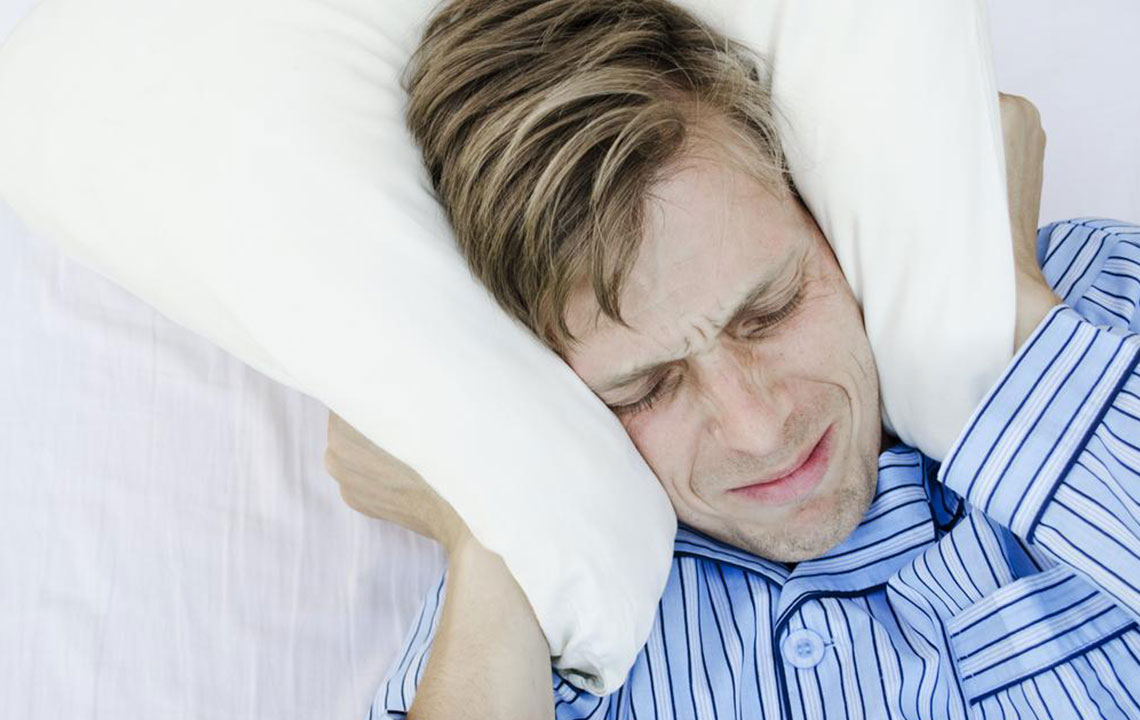Causes of sleep disorders
Having less sleep or more sleep can be either short-term or long term depending on the reasons. If you are loading your mind with too many thoughts or worries, then you are likely to suffer from acute insomnia which is temporary and normalizes with time. However, if there are reasons beyond related to other health issues, this has to be addressed with proper medication that can get chronic. There can be several reasons that can alter the natural sleep cycle and cause sleep disorders.
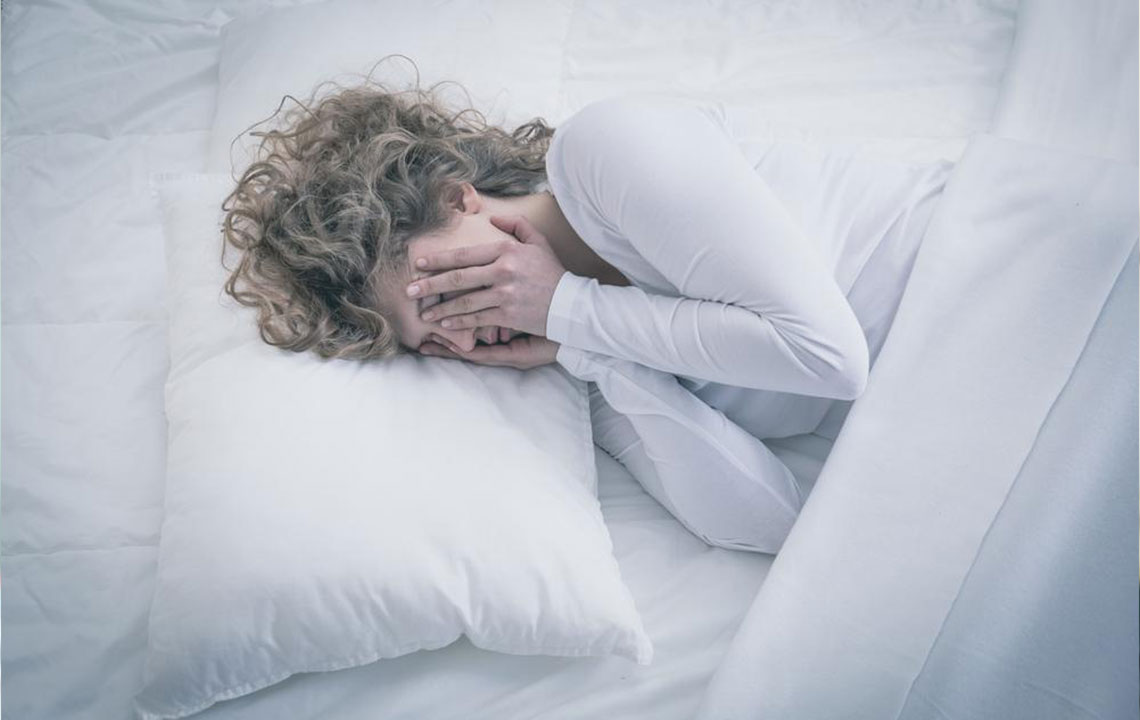
Medical issues: Several health problems or the medications taken for their care can interfere with the normal sleep pattern of a person.
- Kidney problems: Any damage or fatigue in the kidneys can build up the electrolyte and other waste levels in the blood resulting in insomnia or restless legs syndrome.
- Thyroid problems: Hyperthyroidism can overstimulate the nervous system leading to night sweats and difficulty in falling asleep.
- Respiratory problems: Problems like asthma or bronchitis can cause shortness of breath and coughing leading to difficulty in falling asleep. Also, the medications used to treat them have a stimulating effect making them stay awake.
Physical disturbances: This could be a secondary effect of certain medical conditions that are being treated.
- Digestive problems: Heartburns due to gastroenteritis or ulcers in the digestive system can also affect your sleep.
- Diabetes: The elevated levels of blood sugar affects the sleep problems due to night sweats, frequent need to urinate, leading to disturbed sleep.
- Heart failure: The gradual decline in the heart’s functioning causes inadequate blood circulation to the lungs and tissues leading to breathing problems and thereby wakefulness.
- Arthritis: The pain of this musco-skeletal disorder or its medicines can make it difficult for the patient to fall asleep.
- Fibromyalgia: This leads to having abnormal deep sleep due to slow brainwaves that are associated with relaxed wakefulness.
Psychiatric disorders: People suffering from anxiety or depression have a troubled sleep. They either find it hard to fall asleep or wake up quite frequently due to fear, tension or uneasiness. Intense fears may further lead to having phobias and panic attacks leading to sleep disturbance. Bipolar disorder and schizophrenia are other problems that alter the sleep patterns.
Neurological disorders: Certain disorders like dementia, epilepsy, Parkinson’s disease, strokes, etc. that are related to the brain and the nerves can contribute to sleeplessness.
Environmental issues: Food habits that cause stomach upsets/indigestion issues due to heavy or fatty foods, caffeine and alcohol consumption; genetics, working in night shifts, aging, etc. can all affect the biological clock of the human being that regulates sleep and wakefulness.
